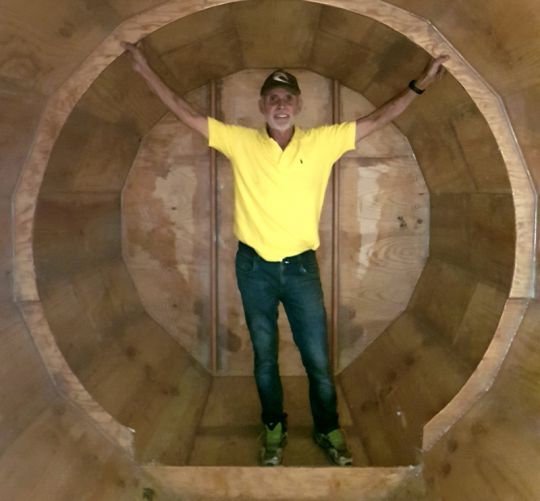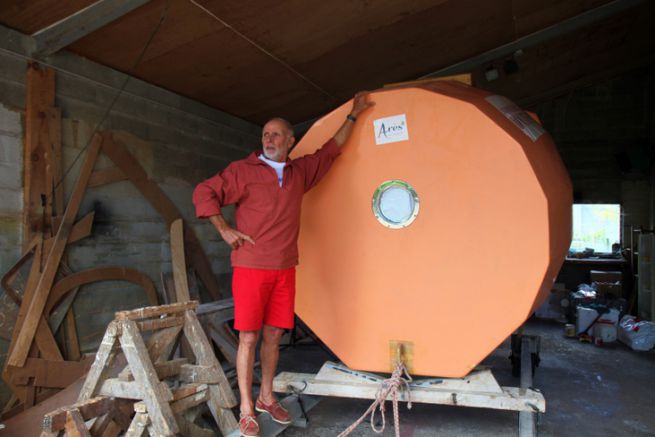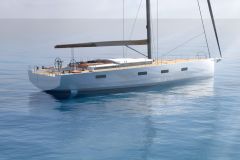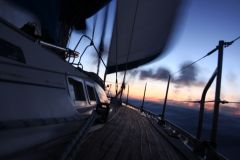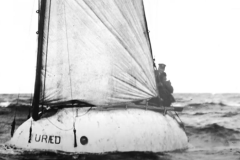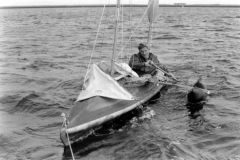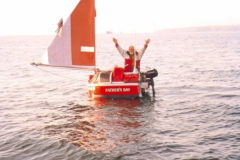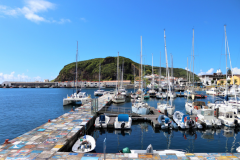At 72 years old, Jean-Jacques Savin lives in a small wooden house, a few dozen meters from the Bay of Arcachon. The living room is filled with souvenirs and various trophies. The pigeons are at home here, they play with the dog and land on the head of their master, who pays no attention to them when he drinks his tea. Jean-Jacques is in great shape; he has just swum 9 kilometers in the Bassin d'Arcachoneuros Three years ago, he climbed the Mont-Blanc, no less. This former triathlete euros ranked 7 ème to the world championships of the discipline euros has also had a particularly dense professional career: military parachutist, private pilot or curator of the National Park of Central Africa.
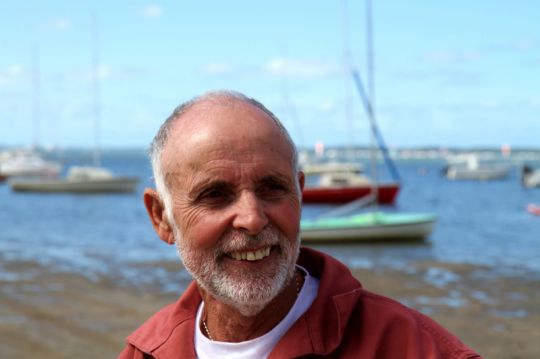
In the wake of Alain Bombard
Jean-Jacques is also an accomplished sailor; he has always or almost always owned a sailboat and has three transatlantic journeys under his belt. He was impressed by Alain Bombard's experience: in 1952, aboard an inflatable without propulsion and without water or food, the young biologist managed to reach Barbados from the Canaries after more than two months adrift. His book, Naufragé volontaire, Jean-Jacques has read it ten times and still reads it. '' It had to be done! he enthuses. One sentence caught his attention: a barrel, off the Canaries, takes three months to cross the Atlantic. It is from this observation of Alain Bombard that was born the slightly crazy project of Jean-Jacqueseuros
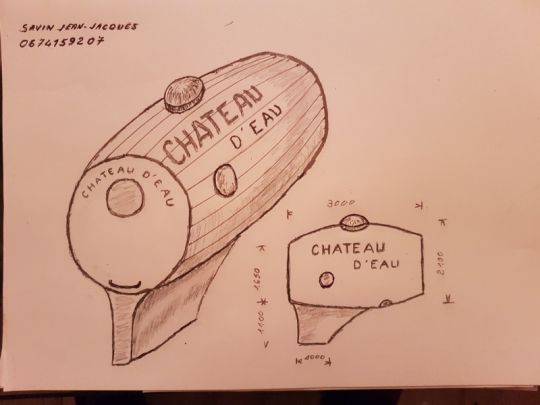
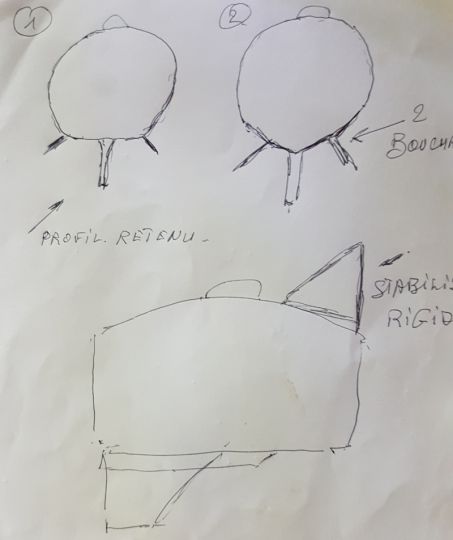
A meticulously prepared boat
But enough talk: I take the wheel and follow Jean-Jacques, aboard an improbable buggy, to discover his boat, well sheltered in a shed. At the beginning, the barrel was supposed to be absolutely round and made of polyester; in the end, it is built by the cooperage Boutes in epoxy plywood with reinforced bottoms and above all adopts a more marked chine at the waterline and flat bottoms. In fine, it has a semblance of a hull. The aim is to ensure a certain stability of form and to facilitate the drift in line.

The idea is not to be 100% subjected to the elements but to orient the barrel in the wind bed thanks to a rear fin and two stabilizers. At the top of the barrel, at the front, there is a rigid tail to help the boat keep its euro course if the wind is well established. When empty, the barrel weighs 300 kg. It is currently weighted with 40 kg and should carry about 300 kg of equipment : batteries, solar panels, life raft, security, freeze-dried food, fishing equipment, communication. By playing with the mast, Jean-Jacques hopes to optimize the pitch of his barrel; the idea is not to push too much or drag water



Extensive testing before the big jump
Jean-Jacques is well aware that his slow journey will be trying. In situ tests are scheduled at sea. He has provided a seat with a harness in his living quarters and will sleep tied up in heavy weather. In the middle of the barrel, the height is 2.10 m, against 1.70 m for the diameter of the two sides. The boat is equipped with portholes and of course a hatch in the upper part, similar to that of a submarine. The sailor will have to take care to renew his 10 m3 of air sufficiently. Handrails and a ladder - on the back side - will allow Jean-Jacques to stretch his limbs in good weather and of course to swim. If there are no sharks in the area
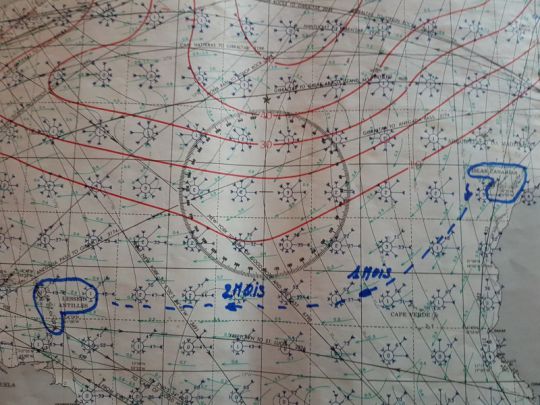
Departure from Canary Islands, destination unknown
The barrel will be transported in a 20-foot container to the Canary Islands. There, Jean-Jacques will wait for the ideal weather window in order to be almost certain not to be driven back to the African coast. A short tow is not excluded. His ocean drift should last between two and a half and three months to lead him to the West Indies. It will be difficult to guess on which island Jean-Jacques will land! The barrel will then be repatriated by cargo ship to France.
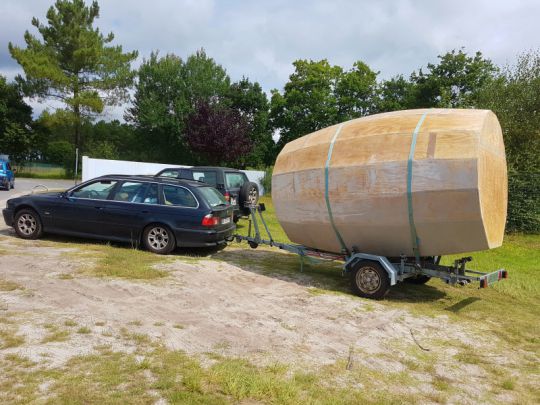
A tight budget
For the moment, Jean-Jacques is financing his project for the most part himself. An additional 40,000 euros would allow the sailor to be more serene and above all to ensure a real time follow-up of his adventure thanks to adapted communication means. Our adventurer is ready to offer his barrel to his most generous sponsor or to a museum. By the way, Diogenes slept in a big jar and not a barrel, it seems.
